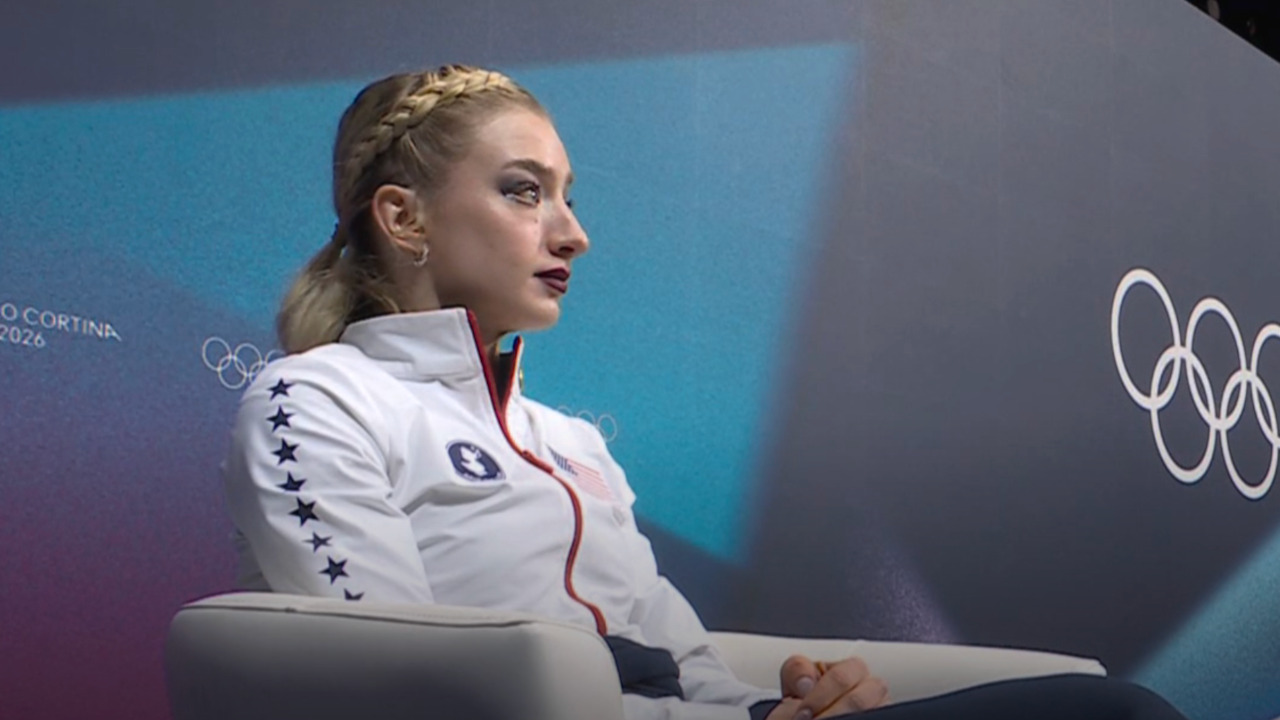House Of The Dragon Delivered A Major Connection To Game Of Thrones, But Was It Really Necessary?
Did House of the Dragon need the Game of Thrones tie-in?
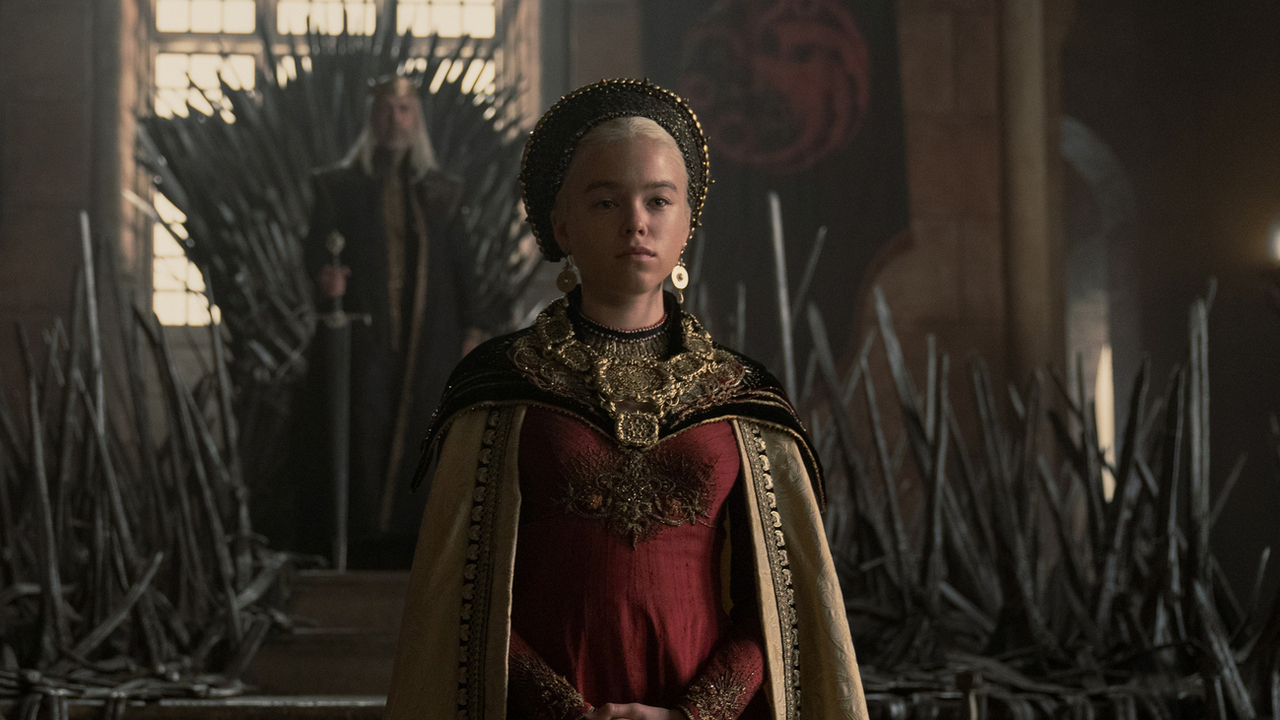
Your Daily Blend of Entertainment News
You are now subscribed
Your newsletter sign-up was successful
Warning: MAJOR SPOILERS are ahead for the series premiere of House of the Dragon on HBO.
The world of Westeros has returned on HBO for the first time since 2019 with House of the Dragon, but the action is set back in the height of Targaryen power more than a hundred years before Daenerys began her quest for the Iron Throne on Game of Thrones. With the vast difference in timeline and the power structure, it seemed likely that the similarities in plot would be relatively scarce. So, it came as a surprise when the final minutes of the prequel spinoff premiere delivered a major connection to the parent series. While it directly tied the two together, I found myself wondering: was it necessary?
After all, for most of Game of Thrones, House Targaryen had the least power in the Seven Kingdoms while Dany amassed her army across the Narrow Sea. There were some familiar names dropped in the HOTD premiere that I thought would be the extent of the Easter eggs for Game of Thrones fans so early on, such as Lord Rickon Stark (a.k.a. a lord of Winterfell generations before Ned Stark and not the Stark boy who failed to serpentine back in Season 6) swearing fealty to Rhaenyra as King Viserys’ heir. So what was the connection, and why was it potentially not essential?
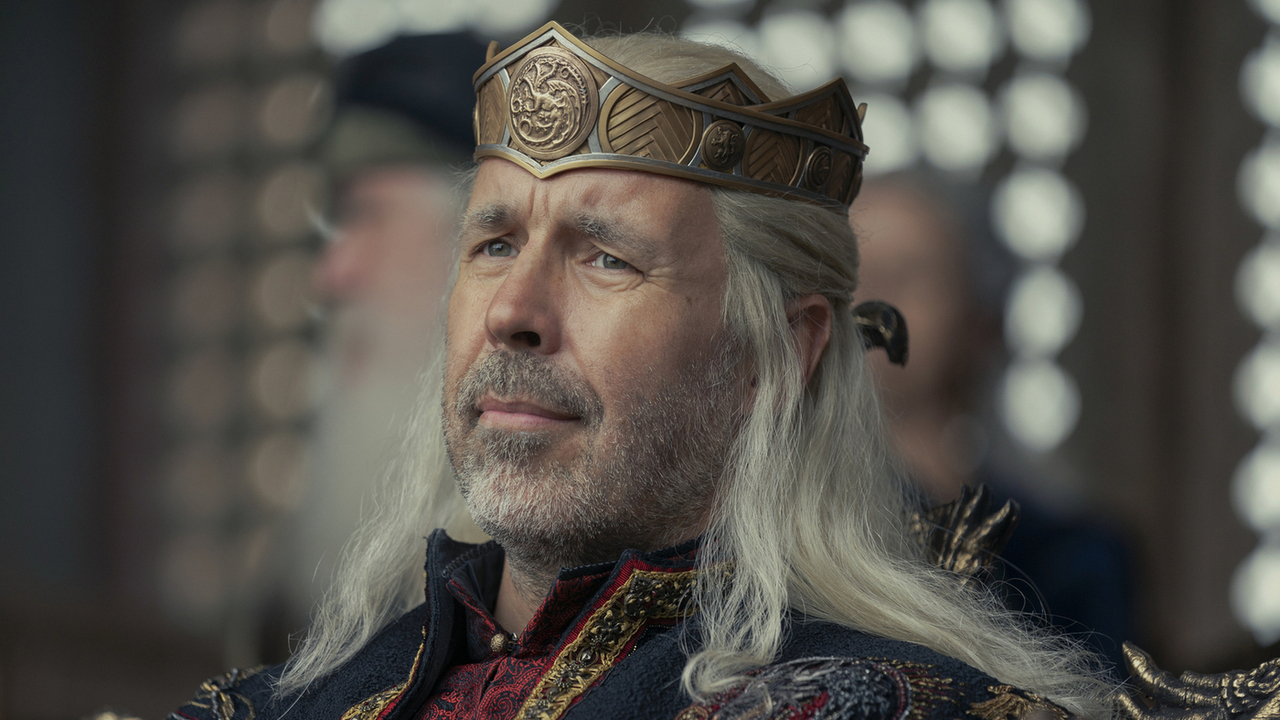
How House Of The Dragon Connected To Game Of Thrones
For most of the hour, the new show introduced the world of Westeros as it was more than a century before fans saw Viserys II as the Beggar King and Dany as his meek sister in the Game of Thrones premiere. There are Targaryens to spare in this era, despite the conflict over who will reign after King Viserys. This is the Seven Kingdoms, but the status quo in this century needed to be established and the characters needed to be developed. Other than some of the music sounding familiar thanks to the return of GOT composer Ramin Djawadi and some recognizable locations, HOTD very much was not Game of Thrones… until the end.
When King Viserys decided that his daughter Rhaenyra would be his heir after his brother Daemon more or less celebrated the death of his newborn nephew (which in Daemon’s mind put him back as first in the line of succession), he took her down in front of the skull of a massive dragon to share a secret with her that undoubtedly took Game of Thrones fans on a blast to the past. Viserys told his daughter that “there’s something else that I need to tell you," and “it might be difficult for you to understand, but you must hear it.” He went on:
Our histories, they tell us that Aegon looked across the black water from Dragonstone, saw a rich land ripe for the capture. But ambition alone is not what drove him to conquest. It was a dream. And just as Daenys foresaw the end of Valyria, Aegon foresaw the end of the world of men. It is to begin with a terrible winter, gusting out of the distant north. Aegon saw absolute darkness riding on those winds, and whatever dwells within will destroy the world of the living. When this great winter comes, Rhaenyra, all of Westeros must stand against it. And if the world of men is to survive, a Targaryen must be seated on the Iron Throne. A king or a queen, strong enough to unite the entire realm against the cold and the dark. Aegon called his dream the song of ice and fire. This secret has been passed from king to heir since Aegon’s time.
He finished by telling Rhaenyra that she must promise to “carry” and “protect” this secret. While some of this speech might have sounded like intriguing but confusing exposition – like the mention of Daenys and details of Aegon coming to Westeros – to any who haven’t read Fire & Blood or any of George R.R. Martin’s supplemental materials beyond the A Song of Ice and Fire novels, the mentions of a terrible winter “gusting out of the distant north” with “absolute darkness riding on those winds” that will destroy mankind is an obvious reference to the Night King, the White Walkers, and the army wights who posed the major threat in the North for most of Game of Thrones.
Throw in the literal mention of “the song of ice and fire,” and it’s hard to imagine House of the Dragon going any harder on establishing a connection to Game of Thrones without actually showing any of the future characters on screen. So, did this help or hinder the series premiere?.
Your Daily Blend of Entertainment News
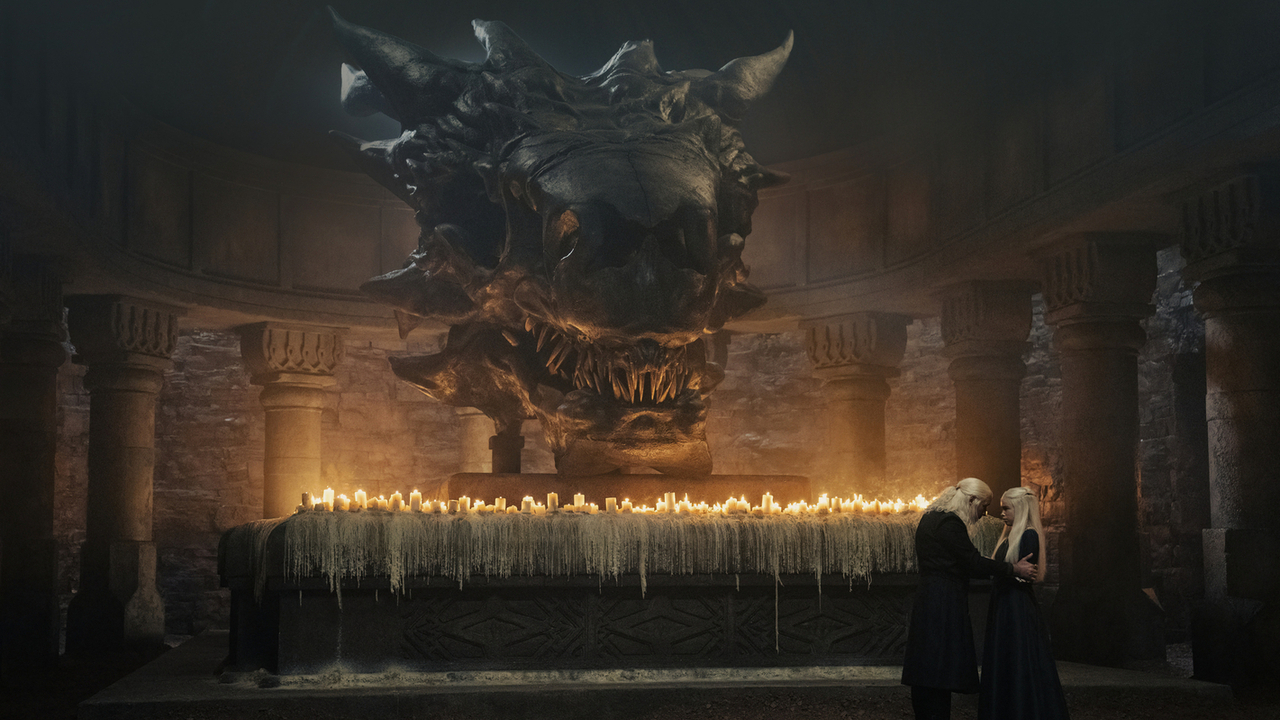
Was The Connection To Game Of Thrones With This Secret Really Necessary?
On the one hand, Viserys’ speech to Rhaenyra did raise the stakes about who will sit the Iron Throne beyond just the squabbling of the Targaryens, and may suggest that things are going to go very badly for the family over the course of the new show, since this secret is obviously lost to the rulers by the time of Game of Thrones. Paddy Considine's delivery was great, and it was visually a compelling scene. I’m just not altogether certain that mentioning “the song of ice and fire” and alluding to the White Walkers was the right move for the very first episode. After all, it wasn’t even one of the key details that George R.R. Martin wanted to be included.
As somebody whose biggest investment in Game of Thrones was in the Starks and then pretty much every other family before the Targaryens for most of the series, I’ll admit that I’d been more excited around the original prequel before it was cancelled in favor of the Targaryen-centric series. I was of course going to watch House of the Dragon and was excited as a fan of both GOT and the books, but I wasn’t sure I could be totally invested early on. But the first episode had me hooked pretty quickly, to the point that I wasn’t even thinking about Game of Thrones or even making any comparisons… until Viserys made the speech and reminded me.
For me, House of the Dragon was standing perfectly well on its own and building its own momentum, to the point that the reminder of Game of Thrones was very jarring to me. I understand why it was included and it's a standout moment of the episode, but it just didn’t feel necessary for anybody to explicitly establish Aegon’s dream in the series premiere. It could have worked as a reveal in the Season 1 finale or even Season 1 penultimate episode, because HOTD needs to win over fans to this Targaryen series without reminding them too much of a show that they might have preferred.
After being reminded of Game of Thrones and jarred out of HOTD, I started thinking about how that pilot was one of the best that I’ve ever seen, and I’ve seen a lot of series premieres in my years of covering television. Sure, there were a lot of characters whose names I didn’t learn for probably the first third of the first season, but the world-building was excellent, and Jaime pushing Bran out of the tower window at Winterfell was an incredible hook. House of the Dragon was doing just fine with the nobles swearing fealty to Rhaenyra as heir with Daemon leaving the capital, without any mention of Aegon's dream of ice and fire.
Of course, House of the Dragon making such a close connection to Game of Thrones didn’t ruin the episode or the premise for me, and I’ll definitely keep watching this first spinoff. It was a fun ride that left me wanting more ASAP. I just didn’t need to have my immersion in this era with this cast of characters interrupted by a reminder of the previous show. Besides, given how divisive the series finale was, is it really a good thing for fans to start thinking about how Game of Thrones ended?
At the end of the day, the one thing that we can probably say with certainty is that House of the Dragon will be a major hit for HBO, whether or not it achieves the sky-high ratings of its parent series. See what happens next with new episodes of House of the Dragon on Sundays at 9 p.m. ET on HBO, and check out our 2022 TV premiere schedule for some more options.
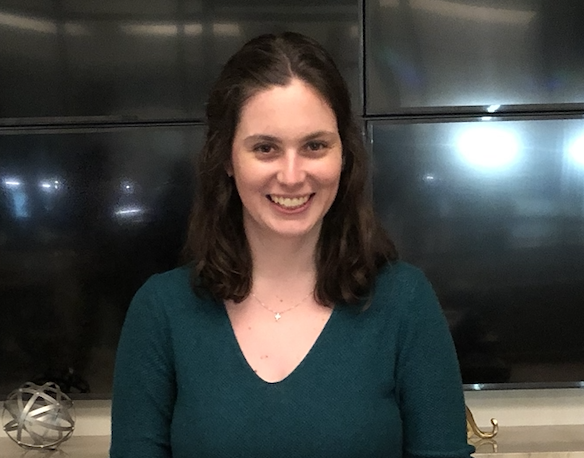
Laura turned a lifelong love of television into a valid reason to write and think about TV on a daily basis. She's not a doctor, lawyer, or detective, but watches a lot of them in primetime. CinemaBlend's resident expert and interviewer for One Chicago, the galaxy far, far away, and a variety of other primetime television. Will not time travel and can cite multiple TV shows to explain why. She does, however, want to believe that she can sneak references to The X-Files into daily conversation (and author bios).
